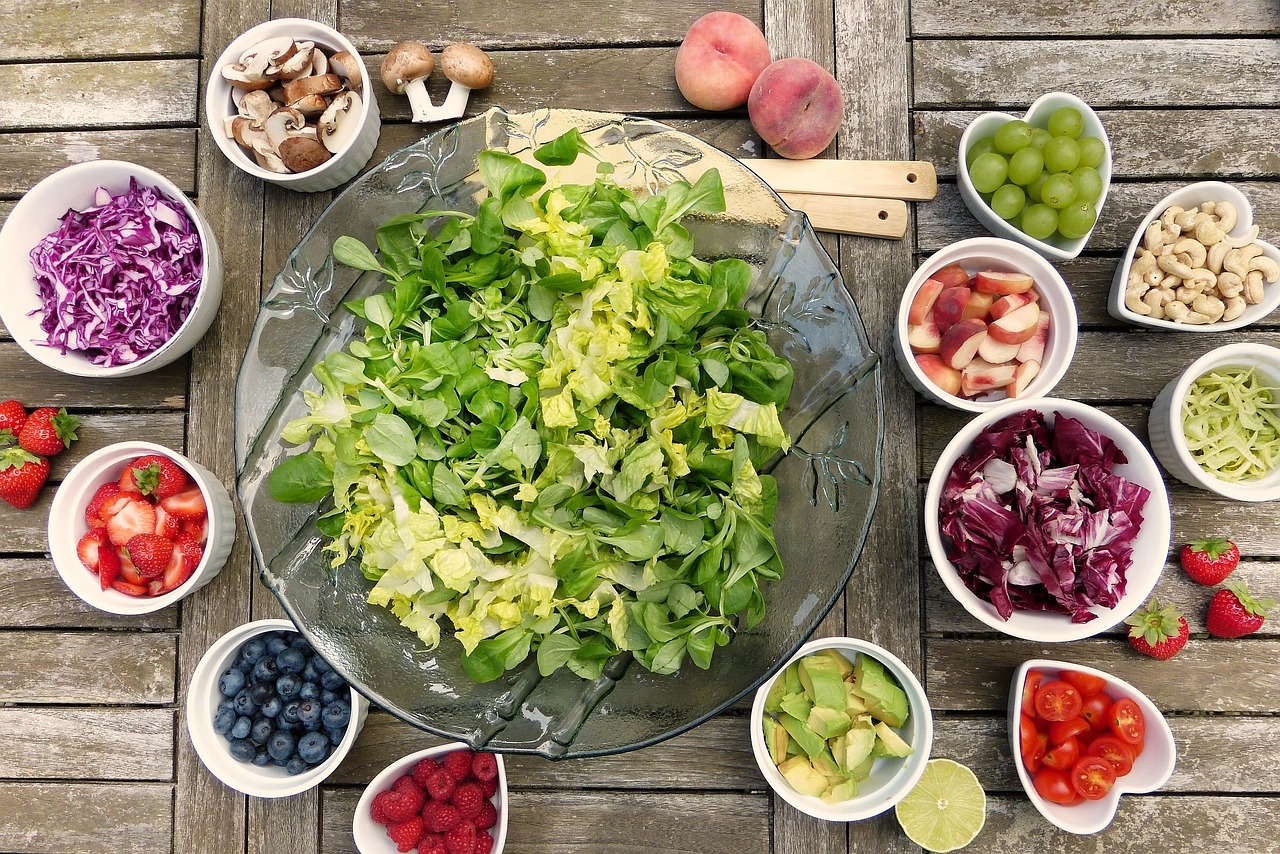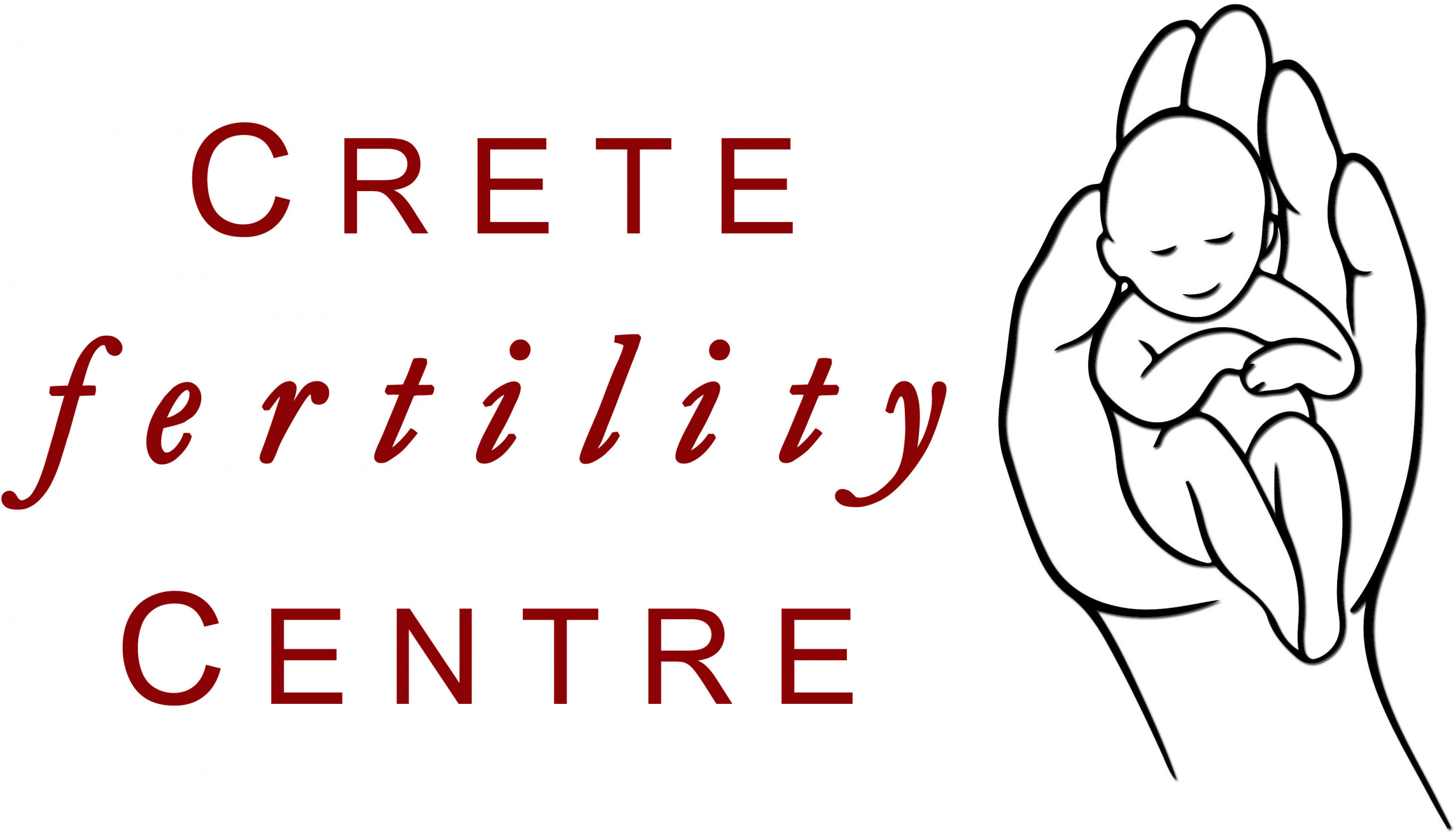What Meals Can Raise Fertility Levels? A Diet for Ferility

By treating the health conditions that may be the cause of your infertility, a fertility diet can help you achieve your parental objectives.
According to a research linking lifestyle variables with infertility,it was shown that up to 15% of couples experience infertility problems, the majority of which are not inherited.
Infertility is exacerbated by stress, which is easily addressed through natural methods. A fertility diet has no set rules, but it does call on you to change your way of life by eating wholesome foods and exercising frequently.
What causes Inferility?
Numerous lifestyle factors, including the couple’s age, diet, exercise, stress levels, and environmental exposures, have a big impact on fertility.
Long-term fertility loss can occur as a result of lifestyle choices such drug and alcohol misuse, cigarette smoking, and caffeine usage. Infertility affects 7.4% of American couples, according to estimates. A fertility diet seeks to undo these behavioural patterns.
Age-related gonad shrinkage and a decline in testosterone levels are both observed in men. The generation of sperm can be further decreased by hypogonadism-treating medications. Men’s sperm motility and semen volume both decline with age.
The likelihood of DNA damage in sperm dramatically increases after age 40. Prior to menopause, women’s menstrual cycles shorten, infertility rises, and anomalies in the menstrual cycle start to appear.
After the age of 30, a woman’s chances of getting pregnant significantly decline. In middle-aged women, spontaneous abortions and implantation losses are rather typical. Another genetic issue influencing fertility in about 20% of women is polycystic ovarian syndrome. In this case, both a PCOS diet and a fertility diet can be helpful.
How Diet affects Fertility
Fertility is greatly affected by a number of food groups, vitamins, and minerals. A diet high in carbs, fiber, folate, and lycopene is linked to better male sperm quality.
The likelihood of getting pregnant might be considerably increased by antioxidants, which are essential for the body because they combat reactive oxygen species (ROS). The body is protected by molecules such albumin, ceruloplasmin, ferritin, ascorbic acid, alpha-tocopherol, beta-carotene, reduced glutathione, and the enzymes glutathione peroxidase, catalase, and superoxide dismutase.
When you consume foods from each food group that are freshly obtained and incorporate antioxidants in your fertility diet, such as:
- Veggies with green leaves: Reasonable levels of dietary fiber, vitamins, minerals, and antioxidants are present in these veggies.
- Berries: Antioxidant-rich berries like strawberries, blueberries, raspberries, and blackberries are excellent choices for a fertility diet.
- Nuts: Alpha-tocopherol (vitamin E), which is known for its antioxidant properties, is found in the healthy fats found in nuts.
- Olive oil: Olive oil doesn’t easily oxidize and thus is healthy for the heart and general wellness.
- Whole grains: Whole grains are loaded with vitamins and minerals and are thought to be more nutrient-dense than refined grains.
- Fish: To receive omega-3 fatty acids for decreased inflammation, try including fatty fish such as salmon, sardines, trout, tuna, and mackerel.
Try to include chicken or turkey in your diet plan if you’re trying to get pregnant. Fresh meat is said to be significantly healthier than processed meat.
Healthy fats and fat-soluble vitamins are found in butter. Unlike vegetable oils, it does not lead to inflammation in the body. Improved fertility is related to less inflammation.
Exercise’s effects on Ferility
Regular exercise can increase insulin sensitivity and blood circulation. PCOS, which is linked to insulin resistance, is a significant contributor to infertility in women.
A genetic condition raises the likelihood of developing diabetes. Exercises can enhance insulin sensitivity and ovulation in PCOS sufferers, including weight training, aerobic activity, and PCOS exercises. For both men and women seeking to have children, a fertility diet plan should incorporate exercise.




